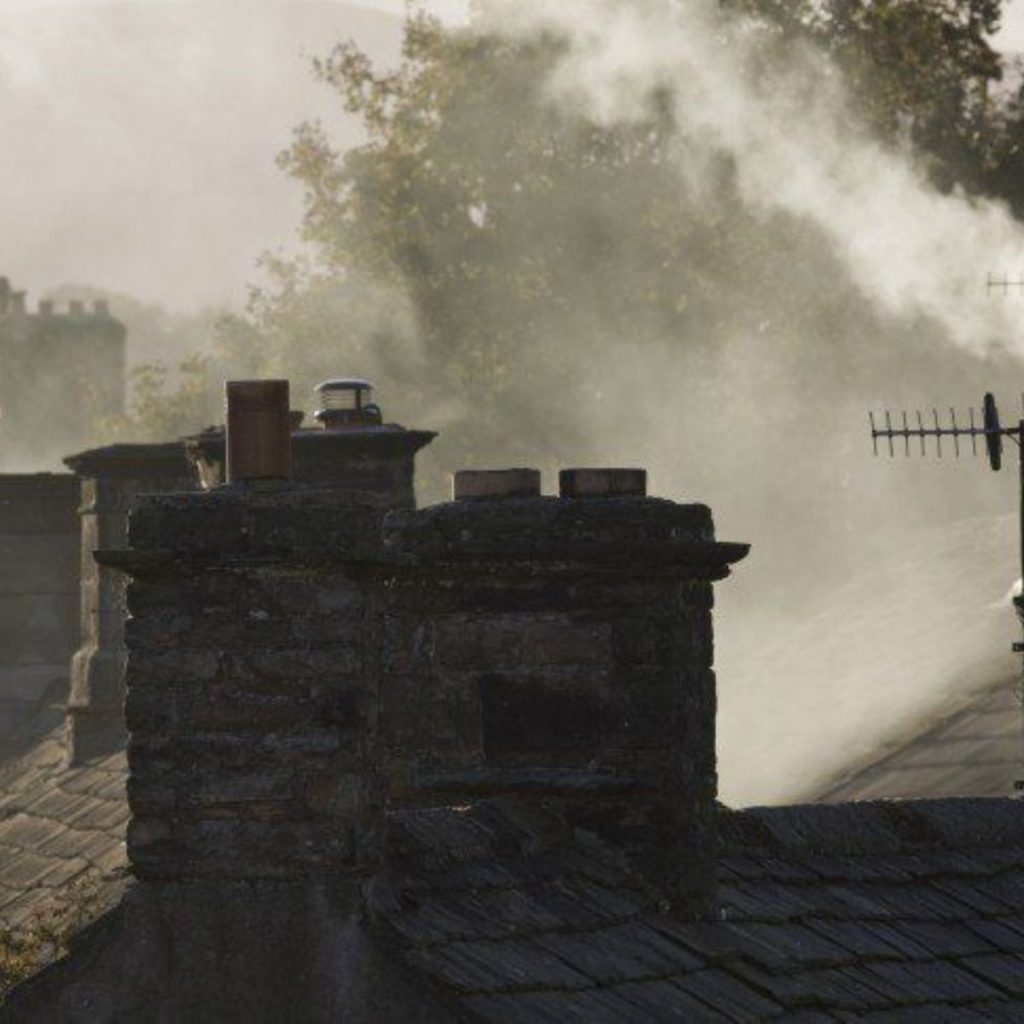One in five tenants in Ireland is paying over 40% of their disposable income on rent.
That is according to a new social monitor from Social Justice Ireland.
It found that while economic growth has led to improvement in living standards and investment in infrastructure and public services, the benefits of this have been distributed in a "grossly unequal fashion".
It said this is true both in Ireland and in other EU countries.
Cyprus, Portugal and Hungary have the highest percentage of households living in substandard dwellings, while Finland, Norway and Slovakia the lowest.
In Ireland 12.6% of the population, equal to 611,982 people, were living in these substandard conditions in 2017.
Tenants paying market rent are the hardest hit in terms of housing cost burden across the EU, it said.
Greece fares worst with almost 84% of these tenants spending over 40% of their disposable income on housing costs.
In Ireland more than one in five tenants are paying market rent over 40% of their disposable income in housing costs, with almost one in 10 paying over 60% and more than one in 20 paying 75%.
 Ireland has committed to legally binding emissions reduction | File photo
Ireland has committed to legally binding emissions reduction | File photoThe level of difficulties in making ends meet is still higher in Croatia, France, Greece, Ireland, Italy, Slovakia, Spain than it was before the crisis in 2007.
On average in the EU, two people in five report difficulties in making ends meet.
Between 1991 and 2016, emissions from Cyprus, Spain, Portugal and Ireland increased the most across the EU - with Ireland having the greatest increase between 2012 and 2016.
As a member of the European Union, Ireland has committed to legally binding emissions reduction targets in 2020 and 2030.
While 10 EU member states -Estonia, Greece, Finland, Hungary, Ireland, Italy, Lithuania, Latvia, Poland and Romania - have a key challenge concerning access to health care, based on self-reported unmet needs for medical care again due to cost, waiting time, or distance.
And trust in national governments has generally increased.
In 2018 the Netherlands (63%), Malta (63%), Luxembourg (62%) and Sweden (60%) rank at the top, Poland (33%), Cyprus (32%), Slovakia (32%) and the United Kingdom (32%) rank towards the middle and Bulgaria (22%), Croatia (19%), Spain (18%) and Greece (14%) are at the bottom.
Trust in the Irish government, which decreased during a decade of recession was higher in 2018 than 2007, at 41%.
Sean Healy is director of Social Justice Ireland: "While economic growth has indeed led to improvement in living standards and increased investment in infrastructure and public services the benefits of these developments have been distributed in a grossly unequal fashion.
"This is true both in Ireland and other countries in the EU.
"We need to move away from a policy of prioritising economic growth over all else.
"Ireland and the EU need to examine alternative approaches; they also need to develop social policies that can adapt to changing realities and withstand future shocks.
"If this is not done, there is a real danger that the damage to social cohesion across the EU caused by the crisis in 2008 will never be repaired."









